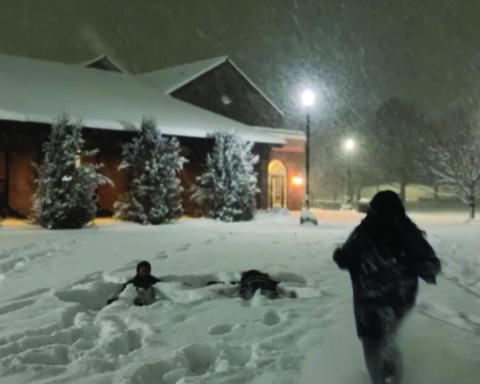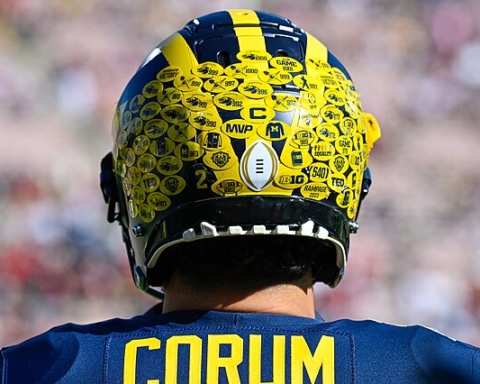BY MEGHAN BAEHL, STAFF WRITER
The mortality rate of student-athletes competing in the NCAA has steadily gone up over the past few years. The cause of this? Stress-related, untreated mental health and overlooked medical conditions driven suicides. Sarah Shutze, a bright track star from the University of Wisconsin-Madison, died by suicide just a few weeks ago. Before that, it was Katie Meyer, an all-star soccer goalie at Stanford, at the beginning of March. This is not an issue, but with every death this pattern becomes more and more tragic. The glory of being a division one athlete does not go without a cost. There is an abundance of pressure put on student-athletes – between grueling practices, increasing school work and the everyday social aspects that come with attending university. Stress is a natural feeling amongst college students, but it becomes elevated when on top of normal school you have the full-time job of being a student-athlete. That is a lot of pressure to be putting on a student in a new environment, and these cases have proven that it never gets easier.
It is devastating. Athletics in college should be about sportsmanship and community, and it should be a safe place where everyone gets the assistance they require. But that is in a perfect world. I feel as though the most important takeaway from all these tragic events is that there is not enough being done. I’ve read countless obituaries and reports of numerous athletes’ suicides, and all of them cited pressure and not feeling like they could be open about it. I feel like seeing these statistics humanizes these athletes who are crying for help. Athletes are human beings, and there should be a stronger emphasis on how okay it is to not be okay. Student-athletes are at higher risk because as long as it is not visibly affecting their performance, a lot of these issues get inadvertently swept under the rug. I think every student-athlete should at the very least have a mandatory intake session and monthly check-ins. Especially when it comes to playoffs, I feel like group therapy is also necessary because of the higher stress. I also think it is important for coaches to allow athletes to advocate for themselves. Coaches shouldn’t be someone an athlete fears, but rather someone they feel comfortable talking to. That is not to say coaches aren’t doing their best. I just firmly believe that a strong community as a whole creates a safe space to have the conversation.
I’ll end with this. If you need help, please ask. I love to talk, so at the very least, text me.








